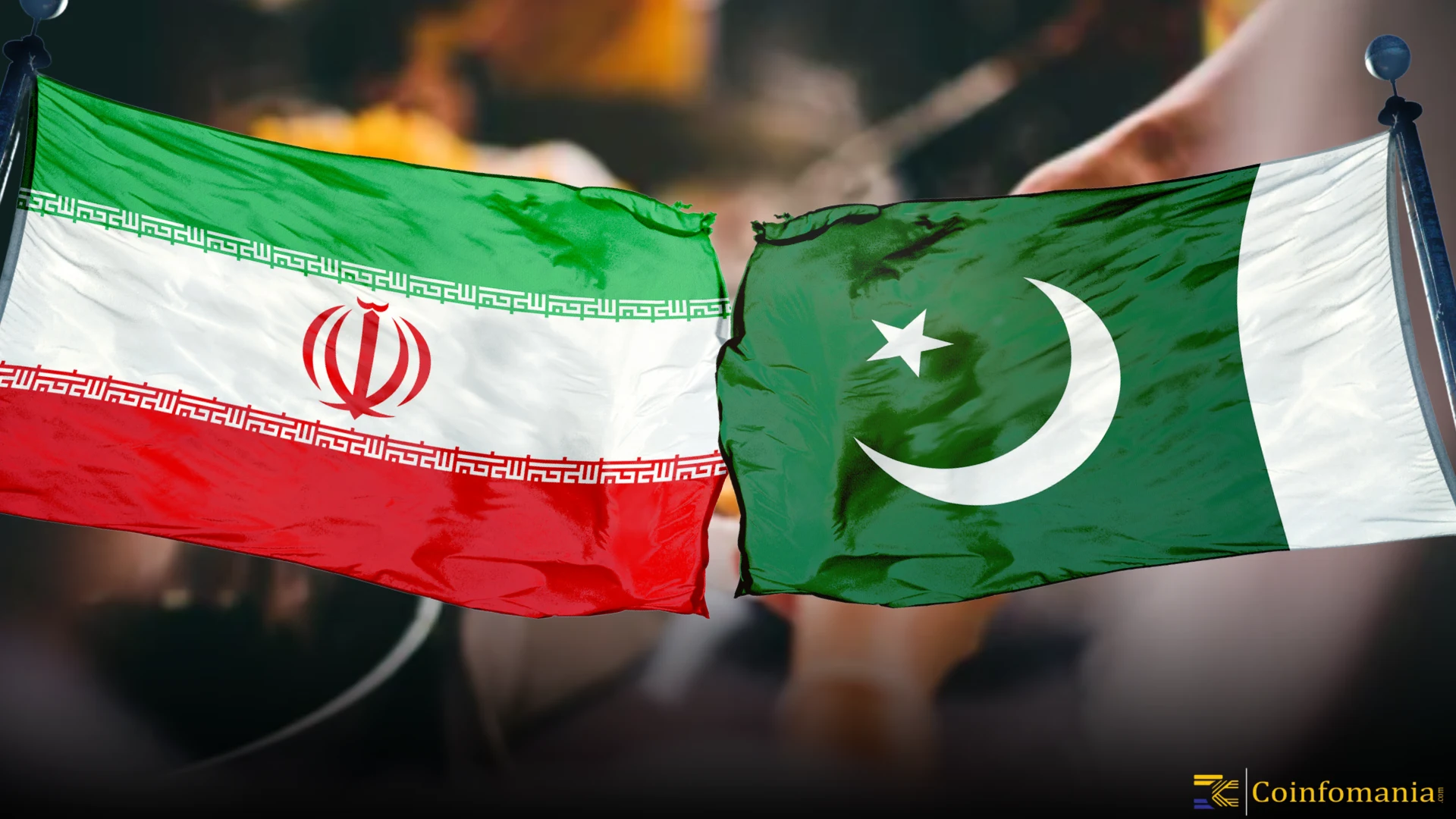Fuel and Food Shortages Loom as Iran-Pakistan Border Lockdown Intensifies
0
0

In a swift and unexpected move, Pakistan has sealed both its land and air borders with neighboring Iran, deepening regional tensions and triggering growing concern across the country’s southwest province of Balochistan. The decision comes after Iranian authorities reportedly shut their side of the border earlier this week, in what Pakistani officials have described as a “reciprocal security measure.”
The closure, which was confirmed late Sunday evening, immediately stranded hundreds of travelers, including truck drivers, traders, and pilgrims who routinely cross the busy crossing points at Taftan and Mand. Authorities have stated that only returning Pakistani nationals will be permitted to cross into the country “under strict vetting procedures.”
Human Cost: Hundreds Left in Limbo
The border closures have already begun taking a human toll. Images and reports from the border areas show families stuck without shelter, food, or medical aid, as transportation services grind to a halt. Among the stranded are truckers carrying essential goods, including perishable food, medical supplies, and fuel—items crucial to maintaining basic services in Balochistan’s remote districts.
“We’ve been here for two days with no word on when we can move,” said Faisal Baloch, a driver stuck at the Taftan crossing. “No one is telling us anything. We’re running out of water.”
Local NGOs and community leaders have appealed for emergency relief and swift diplomatic efforts to de-escalate the standoff.
Economic Fallout Looms for Balochistan
Balochistan, one of Pakistan’s most underdeveloped provinces, relies heavily on cross-border trade with Iran. Fuel, vegetables, pharmaceuticals, and other consumer goods are routinely imported through informal and formal routes, feeding both the economy and local households.
With border traffic suspended indefinitely, fears are mounting over impending shortages of fuel and food staples. Local markets in Quetta and other border towns have already reported a spike in fuel prices, and traders warn the situation could worsen if the closure persists.
“The border is Balochistan’s economic lifeline,” said Dr. Zahra Khosa, a regional economist. “Shutting it down disrupts everything from food distribution to small businesses.”
A Security-Driven Decision or Political Messaging?
While Pakistani officials have framed the decision as a security precaution, analysts say the move likely reflects broader geopolitical posturing. Relations between Tehran and Islamabad have been strained in recent months, with both countries accusing each other of harboring cross-border militants.
The January missile strikes exchanged between Iranian forces and alleged militant camps on Pakistani soil sparked public outrage and diplomatic tension. Though both countries quickly restored communication channels, trust remains fragile.
“The closure signals that despite recent diplomatic niceties, the security concerns have not been resolved,” said Haris Anwar, a South Asian affairs expert. “This is not just about border control—it’s about influence, stability, and sovereignty.”
What’s Next?
No official timeline has been given for reopening the border. Pakistan’s Foreign Ministry has called for calm and urged Iran to engage in high-level dialogue, while civil society groups continue to press for humanitarian corridors.
For now, the fate of those stranded—and the stability of Balochistan’s supply chains—hangs in the balance, with no clear resolution in sight.
The post Fuel and Food Shortages Loom as Iran-Pakistan Border Lockdown Intensifies appeared first on Coinfomania.
0
0
 Manage all your crypto, NFT and DeFi from one place
Manage all your crypto, NFT and DeFi from one placeSecurely connect the portfolio you’re using to start.



